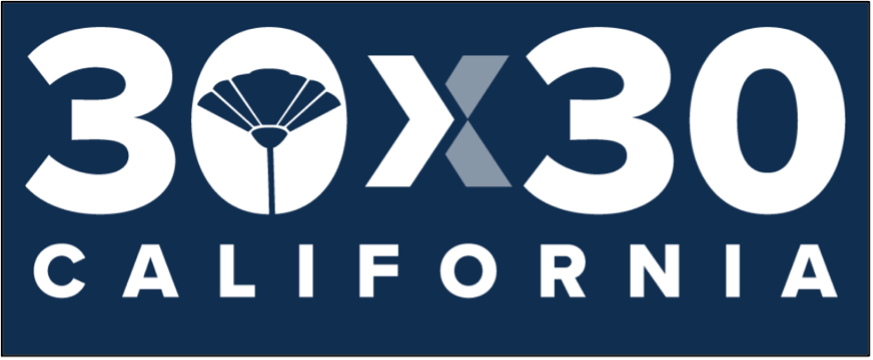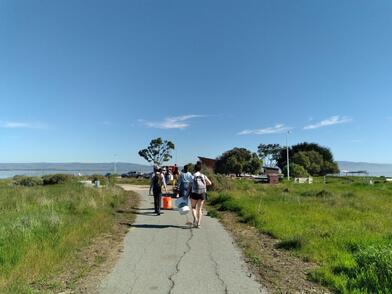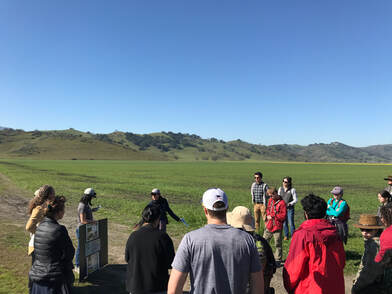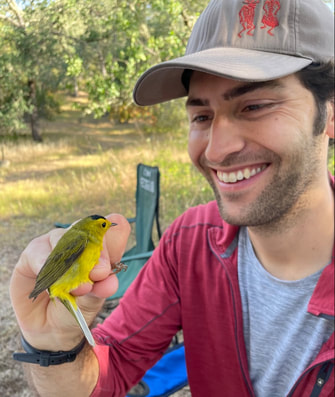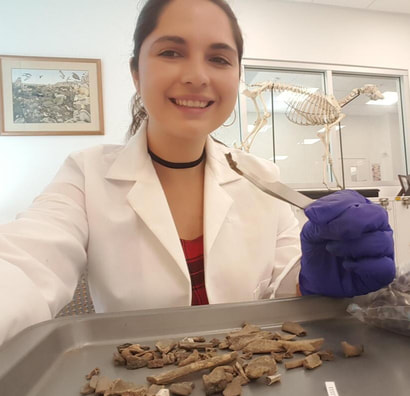Coyote Valley, Santa Clara Valley Open Space Authority
About
|
This website showcases conservation policy recommendations developed by students at Stanford University.
These recommendations represent original work produced by undergraduate and Master's students in the course Science for Conservation Policy (BIO 101 / EARTHSYS 101C). Each iteration of the course will focus on a specific real-world conservation policy challenge. See below for details on each year's course. |
Winter 2022
|
Meeting California's Pledge to Protect 30% by 2030
California has set the ambitious goal of conserving 30% of its lands and waters by the year 2030. In this course, students will develop science-based recommendations to help policymakers reach this “30 by 30” goal. Through lectures, labs, and field trips, students will gain practical skills in ecology, protected area design in the face of climate change, and science communication. Students will apply these skills to analyze real-world data, formulate conservation recommendations, and communicate their findings in verbal and written testimony to environmental decision makers. Challenge for students: Design a potected area system that conserves biodiversity, is resilient to climate change, and provides equitable access to nature |
californianature.ca.gov
Rick Derevan / Audubon Photography Awards
|
|
Please contact Tyler McFadden (tmcfadde@stanford) if you are interested in using any course materials for your own teaching.
|
Topics covered
- Protected area design
- Spatial data in R and QGIS
- Species distribution modeling
- Connectivity and corridor identification
- Systematic conservation prioritization
- Conservation baselines, paleoecology, and traditional ecological knowledge
- Science communication and stakeholder engagement
Activities
|
Our Team
Tyler McFadden
|
Maria Viteri
|
Collaborators and Community Partners
- Liz Hadly, Stanford University
- Rodolfo Dirzo, Stanford University
- Kelly McManus Chauvin, Stanford University
- Santa Clara Valley Open Space Authority
- Grassroots Ecology
